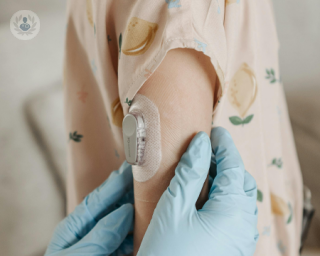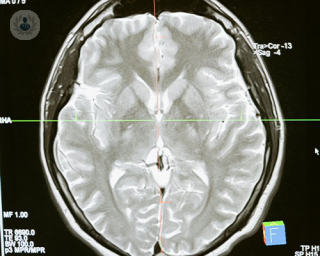
Written by Top Doctors
Endocrinology, diabetes & metabolism
The different kinds of medication and treatments available for high cholesterol
High cholesterol, particularly elevated low-density lipoprotein (LDL) cholesterol, is a significant risk factor for cardiovascular diseases such as heart attack and stroke. Managing cholesterol levels effectively is crucial, and there are various medications available to reduce cholesterol and maintain heart health, as well as lifestyle modifications.


















